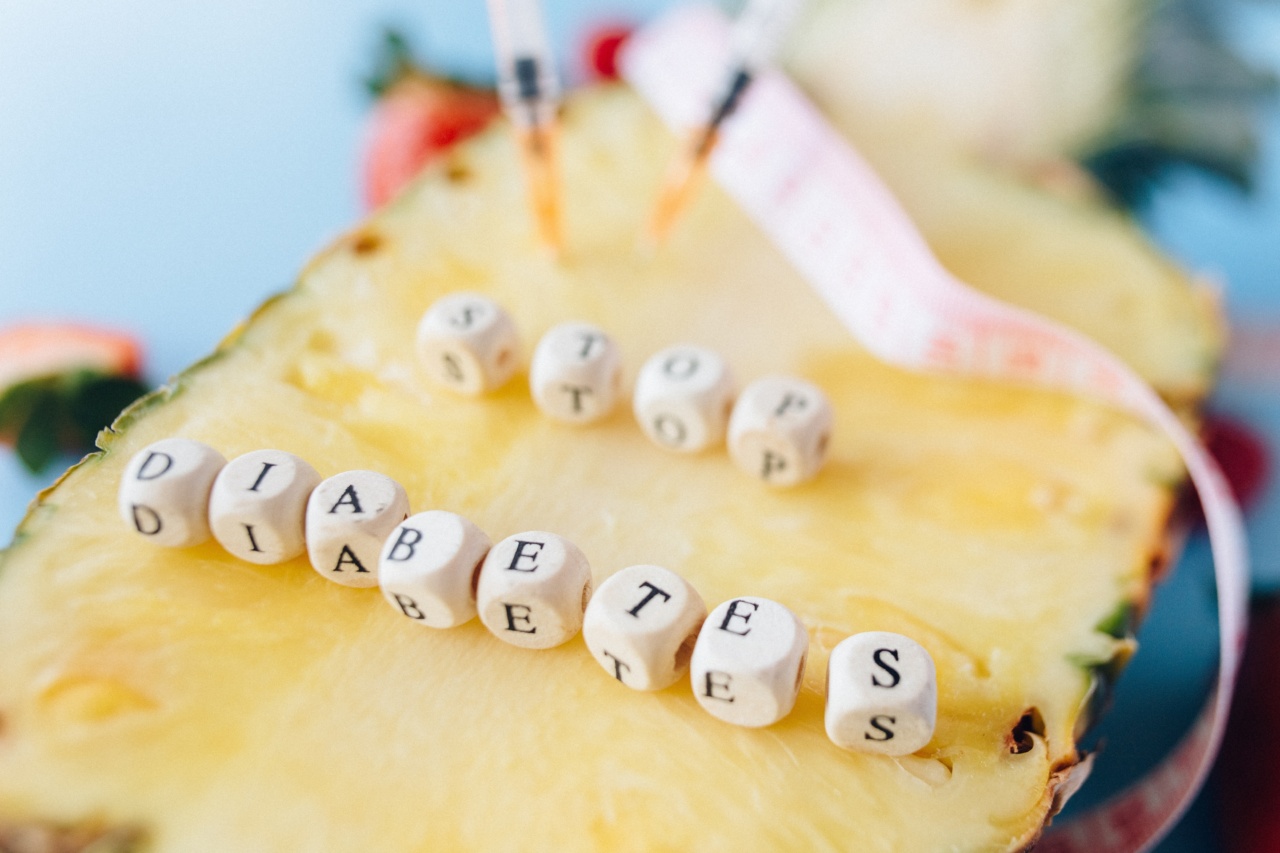Uric acid is a chemical compound that is produced when the body breaks down substances called purines. Purines are found in various foods and are also naturally produced by the body.
However, if there is an excessive production of uric acid or the body is unable to eliminate it efficiently, it can lead to a buildup of uric acid in the blood, a condition known as hyperuricemia. Hyperuricemia increases the risk of developing a painful condition called gout, which is characterized by sudden and severe joint inflammation.
To manage uric acid levels and reduce the likelihood of gout flare-ups, it is important to be cautious of certain foods that can trigger the production of uric acid or hinder its elimination.
1. Organ Meats
Organ meats, such as liver, kidney, and sweetbreads, are exceptionally high in purines. Therefore, individuals with gout or those who are prone to uric acid flare-ups should avoid or limit the consumption of organ meats.
2. Seafood
Various types of seafood contain high levels of purines. Some common examples include anchovies, sardines, mussels, scallops, and herring. These should be consumed in moderation or avoided altogether to minimize the risk of gout flare-ups.
3. Red Meat
Red meat, particularly beef and lamb, is rich in purines. Consuming excessive amounts of red meat can significantly increase uric acid levels in the body.
It is advisable to choose leaner cuts and limit the portion size to reduce the risk of uric acid flare-ups.
4. Alcohol
Alcohol, especially beer, has been strongly associated with gout flare-ups. Beer contains high levels of purines, and alcohol, in general, hampers the body’s ability to eliminate uric acid, leading to an accumulation in the blood.
It is recommended to avoid or minimize alcohol consumption, particularly beer, to manage uric acid levels.
5. Sugary Drinks
Sugary drinks, including sodas and fruit juices with added sugars, have been linked to an increased risk of gout and uric acid flare-ups. These beverages contribute to weight gain and insulin resistance, which can worsen hyperuricemia.
Opting for water, herbal tea, or unsweetened drinks is a better choice to maintain healthy uric acid levels.
6. High-Fructose Foods
Foods high in fructose, a type of sugar, can stimulate the production of uric acid. Fructose is found in various sweetened foods, such as candies, pastries, and desserts, as well as in high-fructose corn syrup commonly used in many processed foods.
Cutting back on these foods can help reduce the risk of uric acid flare-ups.
7. Certain Vegetables
While most vegetables are generally considered healthy, a few have moderate to high levels of purines. These include asparagus, spinach, mushrooms, and cauliflower.
However, the overall purine content of these vegetables is still lower compared to meat and seafood. It is generally safe to consume these vegetables in normal amounts as part of a balanced diet. However, individuals with gout may benefit from limiting their intake.
8. Yeast
Yeast, commonly used in baked goods and some alcoholic beverages, can contribute to elevated uric acid levels.
Avoiding or reducing the intake of yeasty foods, such as bread, pastries, and certain beers, can help prevent flare-ups in individuals with gout.
9. High-Fat Dairy Products
High-fat dairy products, including whole milk, full-fat yogurt, and cheese, may promote the production of uric acid. However, low-fat dairy products, such as skim milk and low-fat yogurt, have not been associated with an increased risk of gout.
Opting for low-fat or non-fat dairy alternatives can be a healthier choice for individuals prone to uric acid flare-ups.
10. Artificial Sweeteners
Artificial sweeteners, commonly found in diet sodas and sugar-free products, have been linked to increased uric acid levels and a higher risk of gout.
Opting for natural sweeteners like stevia or consuming moderate amounts of regular sugar may be a better option for individuals with gout.
Conclusion
Managing uric acid levels is crucial for individuals at risk of gout or experiencing uric acid flare-ups.
By avoiding or limiting the consumption of foods high in purines, such as organ meats, seafood, and red meat, individuals can help reduce the risk of gout and minimize the severity of flare-ups. Additionally, minimizing alcohol intake, reducing the consumption of sugary drinks, high-fructose foods, and artificial sweeteners can have a positive impact on uric acid levels.
Incorporating a balanced and varied diet, rich in fruits, vegetables, whole grains, and low-fat dairy products, can further support the management of uric acid levels and promote overall health.






























